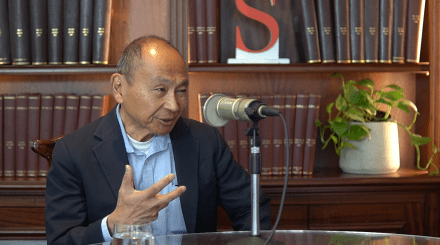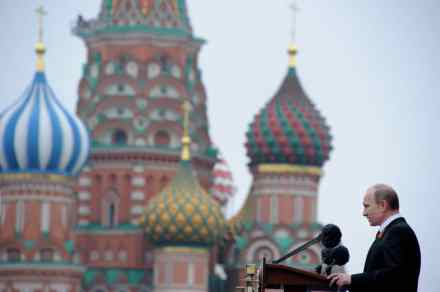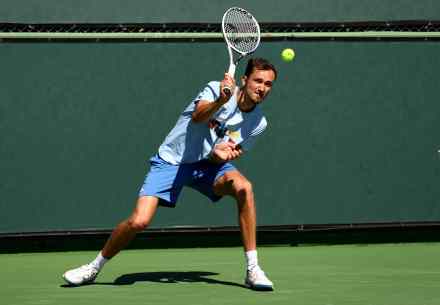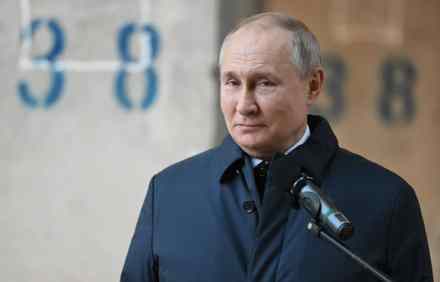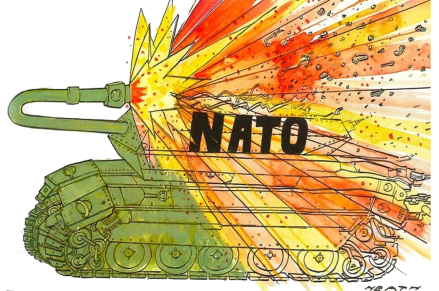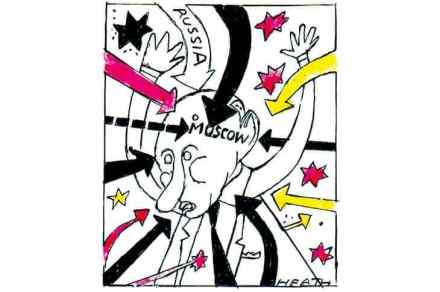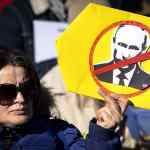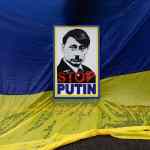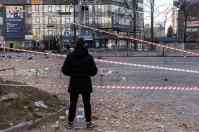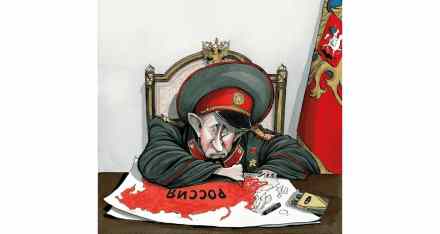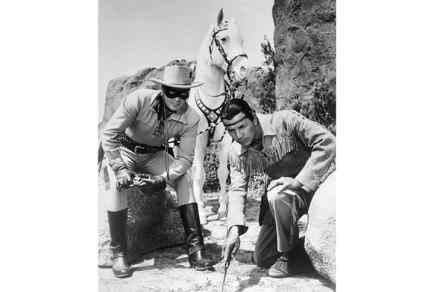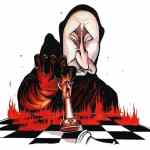Francis Fukuyama on Ukraine, liberalism and identity politics
This week, Sam Leith spoke to Francis Fukuyama – the author of ‘The End of History and the Last Man’ and the newly released ‘Liberalism and its Discontents’ on the latest episode of The Book Club. You can watch their conversation below, listen to it here or read this transcript. The conversation has been edited for length and clarity. Sam Leith: Liberal is a word that means something very different in Tennessee than it does in Muswell Hill. What exactly are the parameters of what you call classical liberalism? Francis Fukuyama: It does have a very different meaning in the United States than it does in Europe. My definition of it is closer
